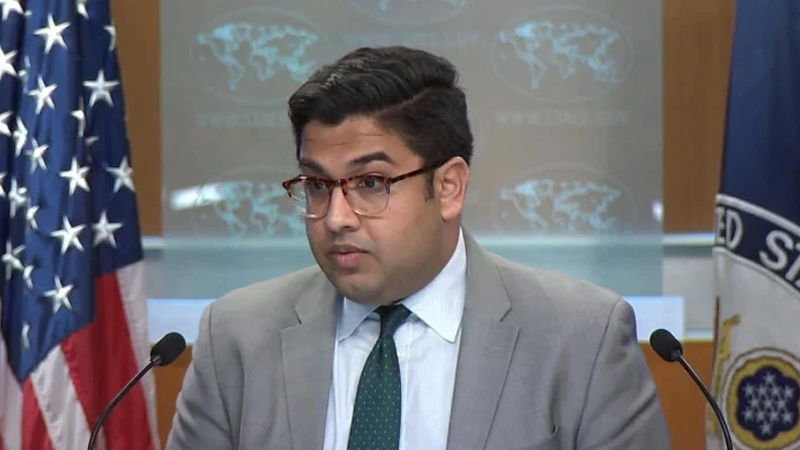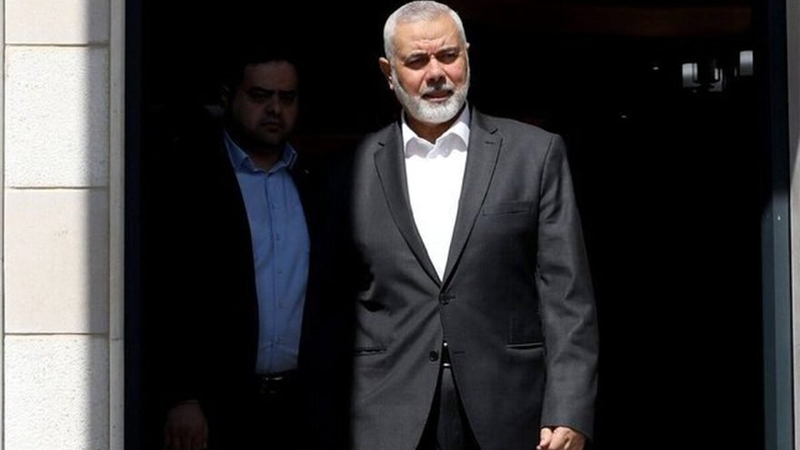British Prime Minister Rishi Sunak has called a national election for July 4, in what many see as a pivotal moment for the country and a high-stakes gamble for the Conservative Party, which has been in power for 14 years. Sunak’s announcement, made from outside his Downing Street office in pouring rain, comes amid widespread expectations that the Conservatives are set to lose to the opposition Labour Party.
Ending months of speculation, the 44-year-old Prime Minister chose a dramatic backdrop for his announcement, with protesters just outside the gates playing an anthem associated with the Labour Party. Almost shouting to be heard, Sunak highlighted his achievements in government, both as prime minister and as a former finance minister.
“Now is the moment for Britain to choose its future,” Sunak declared. He framed the upcoming election as a choice between stability under his leadership and the uncertainty he attributed to Labour leader Keir Starmer. “Over the next few weeks, I will fight for every vote, I will earn your trust and I will prove to you that only a Conservative government led by me will not put our hard-earned economic stability at risk.”
Sunak criticized Starmer, accusing him of always taking the “easy way out” and lacking a concrete plan, which he suggested would lead to an uncertain future under Labour.
Despite being significantly behind Labour in the polls, Sunak is pressing forward with what some see as a risky strategy. He is increasingly reliant on a small team of advisers as he navigates what is expected to be a contentious campaign.
Sunak’s decision to call an early election is seen as a bet on recent economic gains, including falling inflation and the fastest economic growth in nearly three years. He hopes to leverage these improvements to bolster his party’s chances.
Having taken office less than two years ago, Sunak has struggled to solidify his political identity and feels frustrated that his perceived successes have not resonated with the public.
The election campaign has already seen heated rhetoric, with both parties targeting economic management and national security. The Conservatives accuse Labour of planning tax increases and lacking a coherent strategy, while Labour blames the government for 14 years of economic mismanagement and instability.
If Labour wins, Britain, known for its political stability, will have had six prime ministers in eight years for the first time since the 1830s. Labour leader Keir Starmer has pledged to “rebuild Britain,” outlining initial steps his party would take if they form the next government.
Despite Labour’s 20-point lead in the polls, some within the party remain cautious, fearing that many voters are still undecided. Sunak might be attempting to exploit this uncertainty and surprise Labour, which has yet to finalize its slate of parliamentary candidates.
The Conservatives are also banking on positive impacts from recent policy moves, such as the potential commencement of flights in their immigration plan to send illegal asylum seekers to Rwanda, which could happen as early as June 24, just days before the election.
Reaction within the Conservative Party to Sunak’s announcement has been mixed. While some welcomed the decision, others expressed concern. “Death wish 2024,” commented one Conservative lawmaker, speaking anonymously.











Leave a Reply